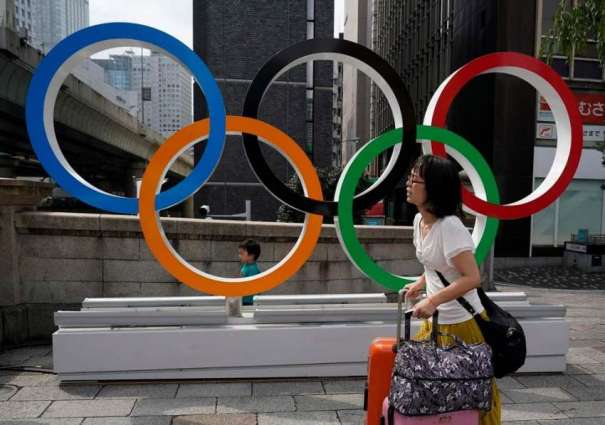Dangerous levels of radiation have been detected at a stadium in Fukushima Prefecture slated to be the starting point of the Tokyo 2020 Olympic Games Torch Relay, a leading environmental organization stated on Wednesday, amid claims that the Japanese government's decontamination efforts following the 2011 Fukushima Daiichi nuclear disaster have been unsuccessful
MOSCOW (Pakistan Point News / Sputnik - 04th December, 2019) Dangerous levels of radiation have been detected at a stadium in Fukushima Prefecture slated to be the starting point of the Tokyo 2020 Olympic Games Torch Relay, a leading environmental organization stated on Wednesday, amid claims that the Japanese government's decontamination efforts following the 2011 Fukushima Daiichi nuclear disaster have been unsuccessful."High-level radiation hot spots have been found at the sports complex where the 2020 Tokyo Olympic torch relays will begin, according to a survey to be released by Greenpeace Japan. The radiation levels around J-Village Stadium in Fukushima Prefecture were as high as 71 microsieverts per hour at surface level. This is 1,775 times higher than the 0.04 microsieverts per hour prior to the Fukushima Daiichi triple reactor meltdown in 2011," a Greenpeace International report stated.
The organization claimed that radiation tests were conducted on October 26, and that it was currently awaiting for comment from the Japanese government to the reports of high radiation in Fukushima Prefecture. According to Greenpeace, the Tokyo Electric Power Company had removed contaminated soil surrounding the stadium yesterday.
"There is a risk that heavy rain will spread these higher levels of contamination on public roads, and thus re-contaminate already decontaminated surfaces. This could partially undo earlier efforts to decontaminate the public areas in J-Village. From our observations, it is unlikely that radiation hot spots of such high levels re-emerged from re-contamination after the previous decontamination. It is more logical that the decontamination was not sufficiently and thoroughly conducted in the first place," Shaun Burnie, a senior nuclear specialist at Greenpeace Germany, said.
Greenpeace called on the Japanese government to commit to an immediate and extensive radiation survey of the area. The organization stated that they would re-test the site in the near future, in order to determine if the government had taken the suitable measures.
The Olympic torch relay will start on March 26, 2020. It will travel through all of Japan's 47 prefectures to arrive at the National Stadium in Tokyo for the opening ceremony on July 24.
The relay begins in Fukushima Prefecture, a region heavily impacted by the Fukushima Daiichi nuclear disaster. A 9.0 magnitude earthquake and subsequent tsunami struck the plant in March 2011, causing three nuclear reactors to meltdown and radioactive materials to be leaked into the atmosphere.




